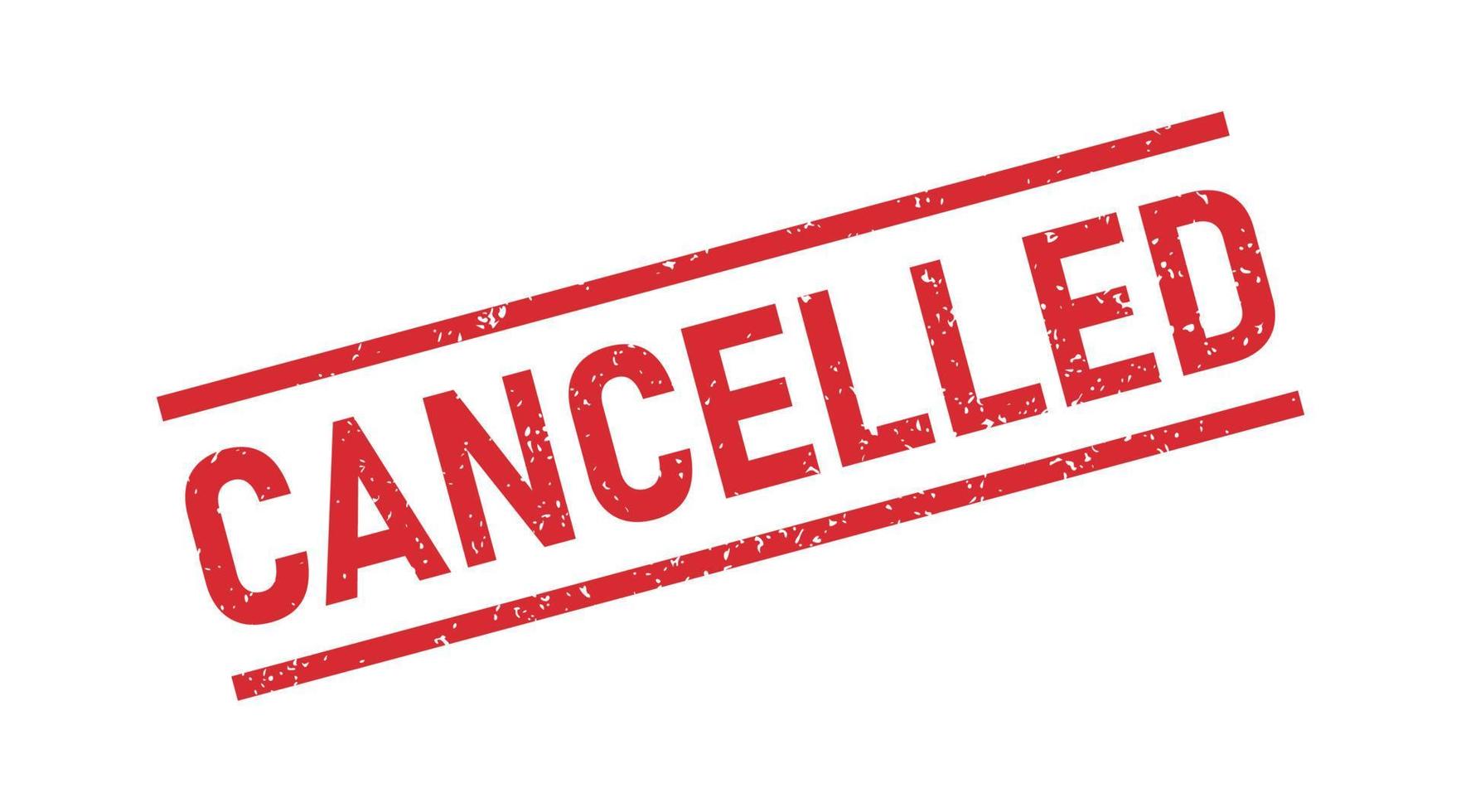Cancel Blake Lively - Exploring Public Perception And Consequences
There's a phrase floating around these days, one that seems to pop up whenever a public figure, say someone like Blake Lively, does something that catches a lot of attention, and that phrase is "cancel." It's a rather interesting word, isn't it? It feels like it just kind of stops everything in its tracks, suggesting a complete halt or a pulling back from something. You see it, and it just sort of makes you wonder, what exactly does that even mean for someone who lives so much in the public eye?
When people talk about "cancel Blake Lively," it's not really about her literally disappearing, is that? It's more about a public reaction, a kind of collective expression of disapproval that aims to change how someone is seen or even how they make their living. It’s a very modern way of expressing displeasure, and it can feel pretty sudden, like a storm brewing almost out of nowhere. The idea itself can be a bit unsettling, really, because it brings up questions about public judgment and what happens when opinions shift so quickly.
So, what are we actually talking about when we use a word like "cancel" in this context? Is it simply about taking something back, like a reservation, or does it carry a much deeper weight when applied to a person's reputation or their work? To get a better grasp on what "cancel Blake Lively" might imply, it helps to look at the different ways we use the word "cancel" and its close relatives in everyday language. We can then see how those meanings might, in a way, apply to the often messy world of public opinion.
Table of Contents
- What Does 'Cancel' Really Mean for Public Figures?
- Unpacking the Idea of "Cancel Blake Lively"
- Beyond a Simple "No" - The Many Sides of "Cancel"
- How Does "Revoke" Play into Public Discourse?
- When Does a "Withdrawal" Become a "Cancellation"?
- The Nuance of "Modifying" Public Standing
- Can Public Figures Truly Be "Offset" or "Wiped Out"?
- The Lingering Effects of "Cancel Blake Lively" Scenarios
What Does 'Cancel' Really Mean for Public Figures?
When we hear the term "cancel" in connection with a public figure, it really brings to mind a whole range of actions, doesn't it? It's not just one thing, but rather a collection of ideas about stopping something or making it go away. Think about it: the word "cancel" can mean to take back something you've said or done, like when you decide to call off a plan. It can also be about putting an end to an agreement, or maybe even just striking a line through something to make it disappear from a document. For someone who is constantly in the public eye, like Blake Lively, the idea of "cancellation" takes on a rather unique and often rather intense meaning. It’s about more than just a simple withdrawal; it often suggests a forceful removal from public favor or influence. This idea of being "cancelled" means a person's public standing could be, in a way, erased or at least significantly altered, and that's a pretty big deal.
The core idea of "cancel" in this context often points to a desire to stop someone from having a platform or from being celebrated. It’s like saying, "We don't want to hear from you anymore," or "We don't want to support your work." This isn't just about personal feelings; it tends to involve a broader group of people expressing their collective displeasure. So, when people talk about "cancel Blake Lively," they might be suggesting a wish for her public appearances to lessen, or for her projects to lose popular backing. It’s a way of trying to make someone's influence, well, less influential. It is that kind of collective action that makes the idea of "cancel" so powerful in today's world, and it can happen so quickly, too.
Unpacking the Idea of "Cancel Blake Lively"
Let's really think about what it means to "cancel Blake Lively" in a practical sense, using the different ways we understand the word "cancel." One way to look at it is like pulling a plug, or stopping a service. If you cancel a trip, for example, you are effectively putting an end to that plan. When this idea is applied to a person, it suggests a desire to put an end to their public engagements, their endorsements, or their opportunities. It’s a call for a kind of professional cessation, a stopping of their usual activities that rely on public acceptance. This can be a very serious matter for someone whose career depends on public support and visibility, because it can literally mean a halt to their ability to work in the way they are accustomed to. So, it's not just a fleeting thought; it can have tangible effects on a person's life and work, and that's a pretty heavy thing to consider.
Another way to think about "cancel" is like crossing something out, or deleting it from a record. When you cross out a mistake on a paper, you're making it disappear from view, making it as if it never existed. For a public figure, this might mean a desire to erase their past achievements or contributions from public memory, or at least to overshadow them with a negative event. It's a push to redefine their public image, perhaps in a way that makes them less appealing or even undesirable. This kind of "cancellation" aims to change the narrative around a person, to rewrite their story in the public's mind. It's a pretty powerful tool, really, when a large number of people collectively decide to change how they view someone. The idea of "cancel Blake Lively" might, in this sense, suggest an attempt to alter her public story, to make certain parts of it less visible, or perhaps even to try and make them vanish from popular thought.
Beyond a Simple "No" - The Many Sides of "Cancel"
The word "cancel" is a bit of a chameleon, isn't it? It can mean so many things, depending on the situation. It’s more than just saying "no" to something; it carries different shades of meaning that can be quite important when we talk about public figures. For instance, sometimes "cancel" is about making something void, like a contract. Other times, it's about putting a mark through something, like a stamp on a letter to show it's been used. These different uses tell us that "cancel" isn't a simple, one-size-fits-all action. When people talk about "cancel Blake Lively," they might be thinking of different types of "cancellation" without even realizing it. It could be about making her public standing null and void, or simply marking her in a way that changes how she's perceived. It’s a very complex word, really, when you start to break it down and look at all its different facets.
Consider the idea of "offsetting" something, which is another meaning of "cancel." If you cancel out a debt, you're essentially balancing it with something else, making it disappear. In the context of public figures, this might mean that a negative action or statement is so significant that it "cancels out" all the good things a person has done. It’s like a kind of moral accounting, where the bad outweighs the good and effectively wipes out any positive credit. This can be a pretty harsh judgment, as it suggests that a person's entire public record can be negated by one or more perceived missteps. So, when people suggest they want to "cancel Blake Lively," they might be implying that something she has done or said has, in their view, erased her previous positive contributions, which is a rather strong statement to make, wouldn't you say?
How Does "Revoke" Play into Public Discourse?
The idea of "revoking" something is very closely tied to "canceling," and it adds another layer to our discussion about public figures. To revoke something means to take it back, to make it no longer valid, like when a driver's license is taken away, or a will is made void. When we think about "cancel Blake Lively," this idea of revoking her public standing or her access to certain opportunities comes into play. It’s not just about a temporary pause; it’s about a more permanent withdrawal of privileges or acceptance. This can mean that endorsements are pulled, acting roles become less available, or invitations to public events stop coming. It’s a pretty serious consequence, really, because it can directly affect a person's ability to continue their professional life in the same way. The public, in a way, acts as a collective body that can "revoke" its support, and that's a very powerful form of collective action.
This sense of "revocation" also suggests a kind of official invalidation. When a document is revoked, it loses its power and its legal standing. For a public figure, this might mean that their voice, their opinions, or their artistic contributions are no longer considered valid or worthy of attention by a segment of the public. It’s a move to discredit them, to strip them of their perceived authority or influence. This can be a very difficult thing for anyone to deal with, especially when their entire livelihood is built upon public perception and trust. So, when people talk about "cancel Blake Lively" and the idea of revoking her standing, it points to a desire to remove her from a position of influence, which is a rather stark outcome, wouldn't you say?
When Does a "Withdrawal" Become a "Cancellation"?
The concept of "withdrawal" is also very relevant to our discussion of "cancel Blake Lively." To withdraw means to pull back, to retreat, or to take something away. Sometimes, a public figure might choose to withdraw from public life, or an organization might withdraw its support from a project. But when does a simple withdrawal, either by choice or by external pressure, turn into what we call a "cancellation"? It seems to happen when the withdrawal is not just a quiet stepping back, but rather a forceful removal, often accompanied by public outcry and condemnation. It's the difference between someone quietly deciding to leave a stage and being pushed off it, more or less. This distinction is quite important, because it speaks to the agency involved in the situation. Is the person stepping back, or are they being made to step back? That’s a pretty big difference, actually.
A withdrawal can become a cancellation when it's not just about removing oneself, but about being removed by popular demand. For example, if a company withdraws an advertisement featuring a public figure due to public pressure, that's a kind of "cancellation." The company is effectively saying, "We are taking this back because people are unhappy." This kind of forced withdrawal can have significant financial and reputational consequences for the person involved. So, when people talk about "cancel Blake Lively," it might be a call for brands, studios, or other entities to withdraw their associations with her, effectively limiting her professional opportunities. It’s a very direct way for public sentiment to influence commercial decisions, and it happens quite often these days.
The Nuance of "Modifying" Public Standing
While "cancel" often sounds like a complete removal, there's also a subtle connection to the idea of "modifying" something. To modify means to change something, to adjust it, or to make alterations. When a public figure is "cancelled," it might not always mean a total disappearance, but rather a significant modification of their public standing. It's like changing the settings on a device; the device is still there, but its function or appearance is altered. For someone like Blake Lively, a "cancellation" might lead to a change in the types of roles she's offered, the brands she works with, or even the way she communicates with her audience. It's a shift in her public persona, a kind of forced evolution of her image. This kind of modification can be very challenging to adapt to, because it means re-evaluating one's entire approach to public life. It’s not just an end; it’s a transformation, and that can be a pretty complex process.
This "modification" can also involve a softening or an adjustment of public perception, rather than an outright elimination. Sometimes, after a period of intense scrutiny, a public figure might return to the spotlight, but with a different kind of public image. They might be seen differently, perhaps with more caution or with a renewed sense of humility. This isn't a full "cancellation" in the sense of being wiped out, but it's certainly a significant alteration of their previous status. So, when people talk about "cancel Blake Lively," it could also imply a desire for her public image to be changed or adjusted in some way, perhaps to reflect new expectations or to address past criticisms. It’s a kind of public re-evaluation, a process of redefining how a person fits into the public sphere, and that can be a pretty ongoing thing, too.
Can Public Figures Truly Be "Offset" or "Wiped Out"?
One of the meanings of "cancel" is to "offset" something, or to "wipe out" its effect. This brings up a really interesting question when we apply it to public figures: can someone's entire body of work, or their positive contributions, truly be offset or wiped out by a controversy? It's a pretty heavy thought, isn't it? If a company's profits are wiped out by a rise in currency value, it means they've effectively disappeared. When this idea is applied to a person, it suggests that their previous positive impact or their accumulated goodwill can be completely negated by a negative event or a series of perceived missteps. It’s like their public "account balance" goes to zero, or even into the negative. This is a pretty extreme form of "cancellation," implying a total erasure of their positive standing, and it raises questions about forgiveness and second chances in the public eye. It’s a rather stark idea, to be honest.
This idea of being "wiped out" also touches on the permanence of public judgment. Is a "cancellation" a temporary setback, or can it be a lasting removal from public favor? If someone is truly "wiped out," it suggests a kind of finality, a point of no return. For a public figure, this could mean an inability to regain their former level of influence or popularity, regardless of their future actions. It’s a rather harsh verdict, implying that certain actions are so severe that they cannot be overcome. So, when people use the phrase "cancel Blake Lively" with this meaning in mind, they might be expressing a desire for her public presence to be permanently diminished, or for her previous contributions to be overshadowed by current controversies. It’s a very strong statement about public accountability, and it can be a pretty difficult thing for anyone to recover from.
The Lingering Effects of "Cancel Blake Lively" Scenarios
Even if a "cancellation" doesn't lead to a complete "wiping out," the effects can certainly linger, can't they? It's like a stain that's hard to remove, even after you've tried to clean it. The idea of "cancel Blake Lively" suggests that even if she continues to work, the public perception of her might be forever changed, perhaps with a lasting shadow. This means that future projects might be viewed through a different lens, or past achievements might be re-evaluated in light of new information. It’s a kind of ongoing re-assessment, where the public continues to weigh a person's actions and their impact. This can create a pretty challenging environment for a public figure, as they might constantly feel the need to justify themselves or to prove that they have learned from past mistakes. It’s a rather enduring consequence, actually, that can follow someone for a long time.
The lingering effects can also manifest as a loss of trust or a decrease in public goodwill. Even if someone is not entirely "cancelled," the trust that was once there might be broken, making it harder for them to connect with their audience in the same way. This can impact everything from their ability to promote new work to their general popularity. It’s a kind of erosion of public support, where the foundation of their public career becomes a bit shaky. So, when people talk about "cancel Blake Lively," they might be expressing a lasting skepticism or a permanent shift in their allegiance, which can be a pretty significant hurdle for any public figure to overcome. It’s a very human reaction, really, when trust is broken, and it can take a lot of effort to rebuild it.

CANCEL Definition & Meaning - Merriam-Webster

Cancel button stock vector. Illustration of button, note - 122695131

Cancelled Sign Vector Art, Icons, and Graphics for Free Download